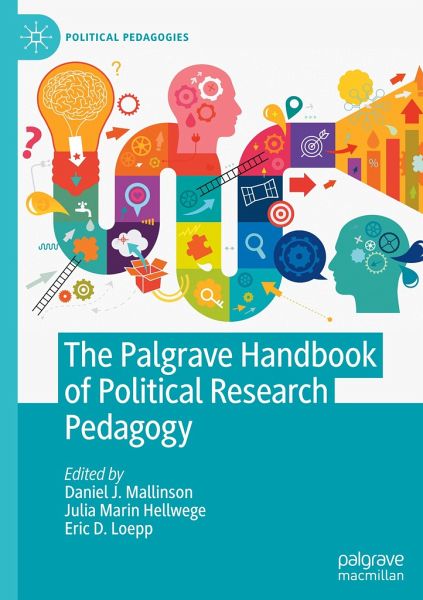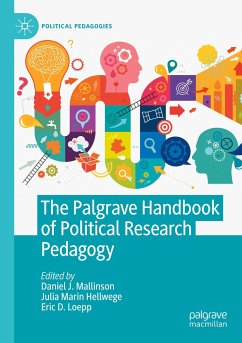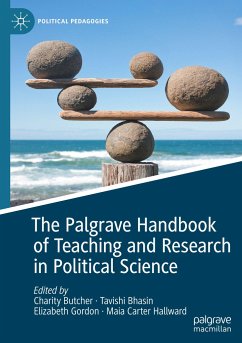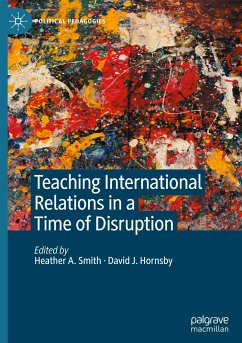
The Palgrave Handbook of Political Research Pedagogy

PAYBACK Punkte
68 °P sammeln!
This Handbook addresses why political science programs teach the research process and how instructors come to teach these courses and develop their pedagogy. Contributors offer diverse perspectives on pedagogy, student audience, and the role of research in their curricula. Across four sections-information literacy, research design, research methods, and research writing-authors share personal reflections that showcase the evolution of their pedagogy. Each chapter offers best practices that can serve the wider community of teachers. Ultimately, this text focuses less on the technical substance ...
This Handbook addresses why political science programs teach the research process and how instructors come to teach these courses and develop their pedagogy. Contributors offer diverse perspectives on pedagogy, student audience, and the role of research in their curricula. Across four sections-information literacy, research design, research methods, and research writing-authors share personal reflections that showcase the evolution of their pedagogy. Each chapter offers best practices that can serve the wider community of teachers. Ultimately, this text focuses less on the technical substance of the research process and more on the experiences that have guided instructors' philosophies and practices related to teaching it.














